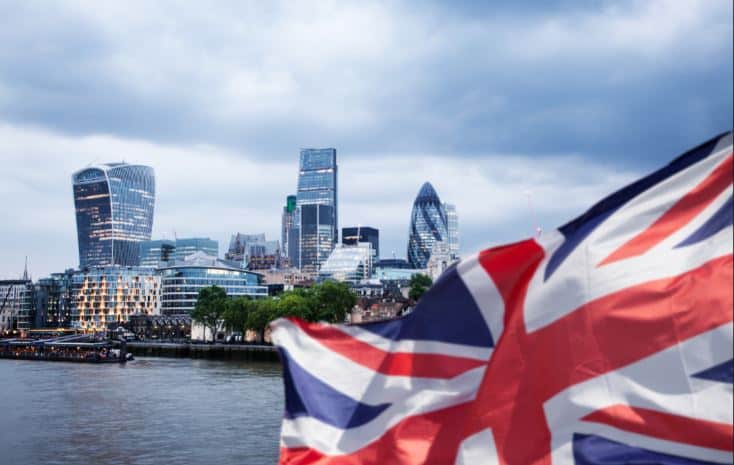
During a speech made to the House of Commons on 19 January, England’s Prime Minister Boris Johnson updated the House on progress against the latest, highly-transmissible variant of COVID-19, Omicron.
In his statement, Mr Johnson acknowledged the efforts of the NHS and its volunteers in providing an efficient booster vaccination programme, seeing “more than 36 million boosters now in arms across the UK, including more than 90% of all over 60s in England.”
In light of the recent Office of National Statistic (ONS) data, the Prime Minister added that although infection levels are gradually falling in England, “there are some places where cases are likely to continue rising, including in primary schools…” but that according to the government’s scientific advisors “it is likely that the Omicron wave has now peaked nationally”.
The PM concluded that because of the booster campaign coupled with the public’s response to ‘Plan B’ guidelines that England “can return to Plan A in England and allow Plan B regulations to expire”.
Following the government’s statement on lifting ‘Plan B’ measures, it has been asserted that people are no longer being asked to work from home and masks will no longer be compulsory in secondary school settings.
From 27 January, ules for England also include lifting compulsory COVID-19 passes to gain access to venues and events, while face masks are no longer deemed compulsory in public spaces, while mask-wearing will be ‘recommended’ in certain settings. However, Mayor of London, Sadiq Khan has indicated that masks will remain mandatory on Transport for London services.
It has been also been highlighted that restricted visits to care homes will be eased.
Johnson also stated the government’s plans to end self-isolation restrictions for individuals testing positive for COVID-19 over the coming weeks, with current rules due to expire on 24 March.
Prior to ‘Plan B’ measures being scrapped, restrictions still include compulsory face masks in most indoor public spaces, on public transport, in shops and in hairdressers. It is still the case that individuals must prove their vaccination status, a recent negative test result or valid exemption in order to access nightclubs and large-scale events.
Meanwhile, across the UK, people testing positive for COVID-19 can end self-isolation after seven days, as opposed to the originally mandated ten, following two negative lateral flow test (LFT) results on days six and seven. Moreover, children and fully vaccinated adults are no longer required to take a polymerase chain reaction (PCR) test to confirm their health status.
Easing of restrictions are also in process in Wales, Scotland and Northern Ireland, though in all three constituent countries, compulsory face-coverings will remain as a requirement in public spaces and in schools.
Scotland’s First Minister Nicola Sturgeon has confirmed that further measures announced after Christmas 2021 to tackle the Omicron strain will be scrapped. Scotland’s COVID-19 certification scheme remains in action for certain venues including nightclubs, requiring attendees to provide a recent negative test or a valid proof of vaccination status.
In Wales, COVID passes will still be required for large events, cinemas, nightclubs and theatres but as of 21 January, there will no longer be limits on numbers at outdoor events.
On the same date, Northern Ireland’s previously issued guidance of three households meeting in a home will be scrapped, while hospitality rules on table service will end.




